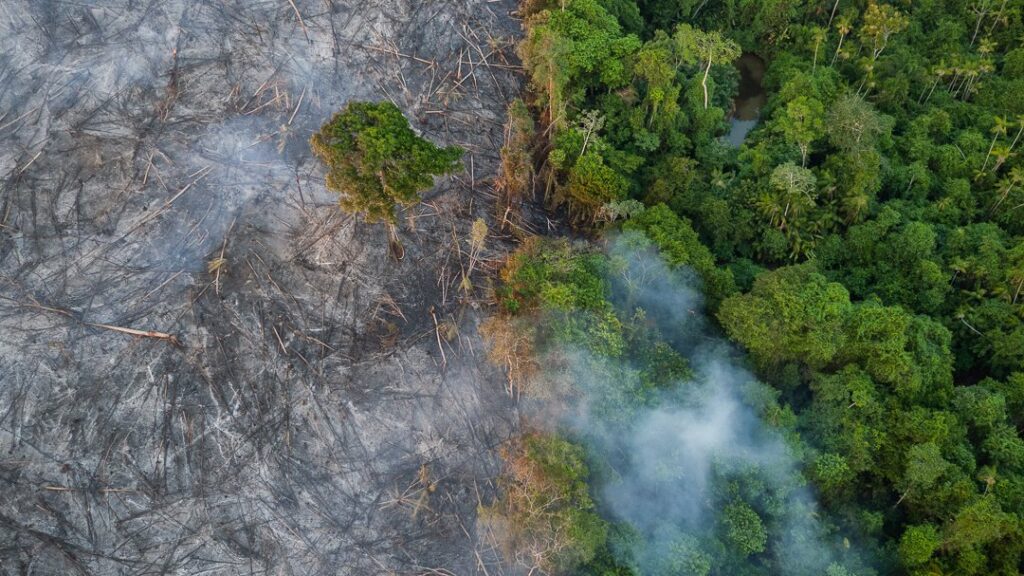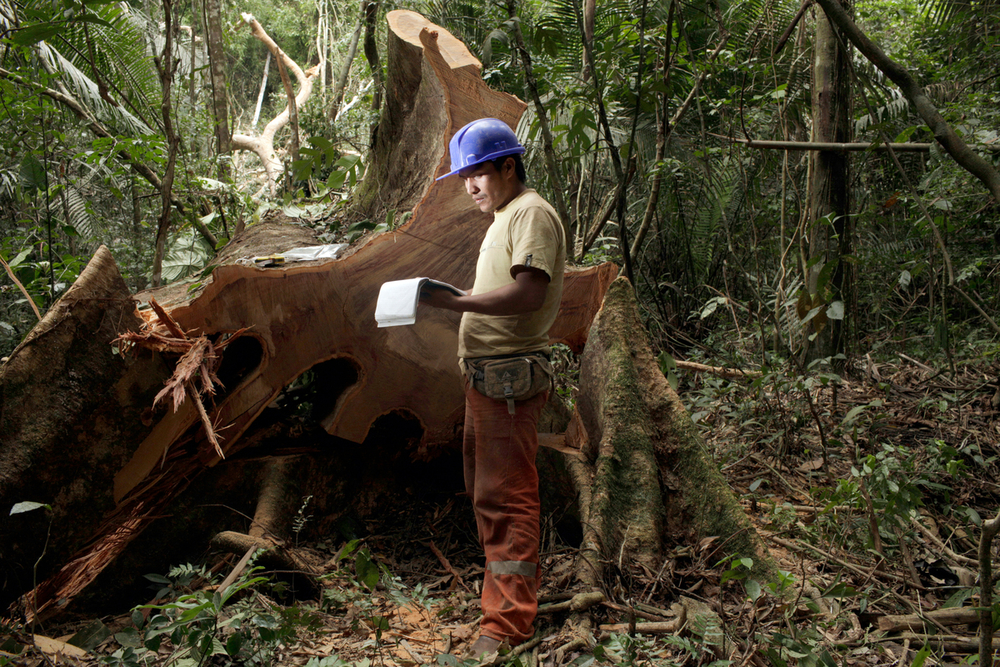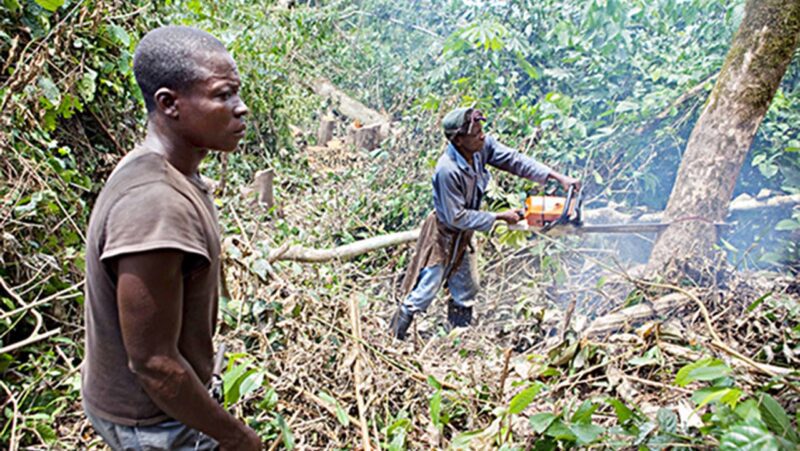
Forests for the future
Baliqeez Adebisi & Sunday Oyebode
(University of Ibadan)
In the past, forests have been utillised and served many purposes. In the present, forests have stood through the test of time, with their diversity of purpose remaining a major source of food for humans and a haven for cohabitation of varying flora and fauna. In the past, forests were indispensable components of human society, in the present, reinstating their dominance in the aspect of eco-balancing. In the future, What will be the fate of our forests?
With the advent of scientific research, forests have been observed to serve purposes that go beyond provision of timber and sources of food. Other benefits of forests that have been scientifically proven are carbon sequestration, climate amelioration etc.
Forests provide employment for people. People work as forest guards/rangers, horticulturists, silviculturists, and remote sensors to mention but a few. Forests are germane for academic and scientific research purposes. They also prevent erosion by absorbing water and trees serving as windbreaks.
There may be no forests in the future if the present forests are not managed sustainably. As it may be known, sustainability is the utilisation of a resource(s) for economic, environmental and social benefits without undermining the chance of younger generations to utilise the resource(s) for the same benefits.
According to the Food and Agriculture Organization of the United Nations (FAO), within a three-decade time span we have had a decrease in forest cover from 32.5% to 30.8% (1990-2020). As of today, we are grappling with less than 30% across the world. The globe is losing millions of hectares of forests every year. If this trend continues to sink lower, there may be no forest for the future.

A clearfell and burnt portion of a forest. A significant lose in forest cover.
Anthropogenic activities have had impacts on forests and cause negative consequences. The effects of any human action on forests are not always felt immediately, they take a long time to manifest either in a good or bad way. Probably because the effects of our activities are not felt immediately, taking a very long time to manifest, make us feel we can do as we wish.
The consequences of past human activities on forests are being felt today. The deforestation of forests for various reasons and the reduction in forest cover have played a huge role in the current climate change crisis the world is facing.
The perspective of various professions towards forests is important and must be emphasized in forest management policies and enforcement taken more seriously for the sustainable use of forests. To a real estate manager, a forest may be looked upon as an obstacle in the way of getting people their dream homes. In Nigeria for example, fauna and flora are being made homeless to create homes for humans (who are not homeless). To build new houses and communities of human habitation, large forest areas are being cleared to create space for housing estates. A practice which is not sustainable!

A tree cut to its roots.
In Asia, forests are being logged through clearfalling. A practice that contributes not only to forest cover loss but also to biodiversity loss.

Loggers felling trees in the forest.
Farmers mostly observe forests as a challenge to maximum food crop production whereas it should be an integral part of crop management, how do we think nature would have been able to balance itself without its forest, the constant leaf droppings which help in natural soil nutrient replenishment should awaken our farmers on resources maximisation. They should not just clear the lands, but with the consciousness that the forest must keep existing.
Just like agriculture, other professions benefit and interfere with the sustainable utilisation and management of our forests. For once, why can we not put nature first, and promote an association with our forest that encourages activities that are not detrimental to the environment? Our forests are not asking not to be utilised at all, but rather a use-and-replace system which will be beneficial for all organisms.
The negative effects of anthropogenic activities especially on forests are not always felt immediately. They manifest in a future date. The most current heat wave and other climate change effects are not as a result of recent human activities but a result of past human activities.
The actions of the present generation on the forests will affect the future generation. Therefore, in order to have forests not only for the present but the future, it is of great importance to manage forests sustainably without compromising any of the principles of sustainability.


